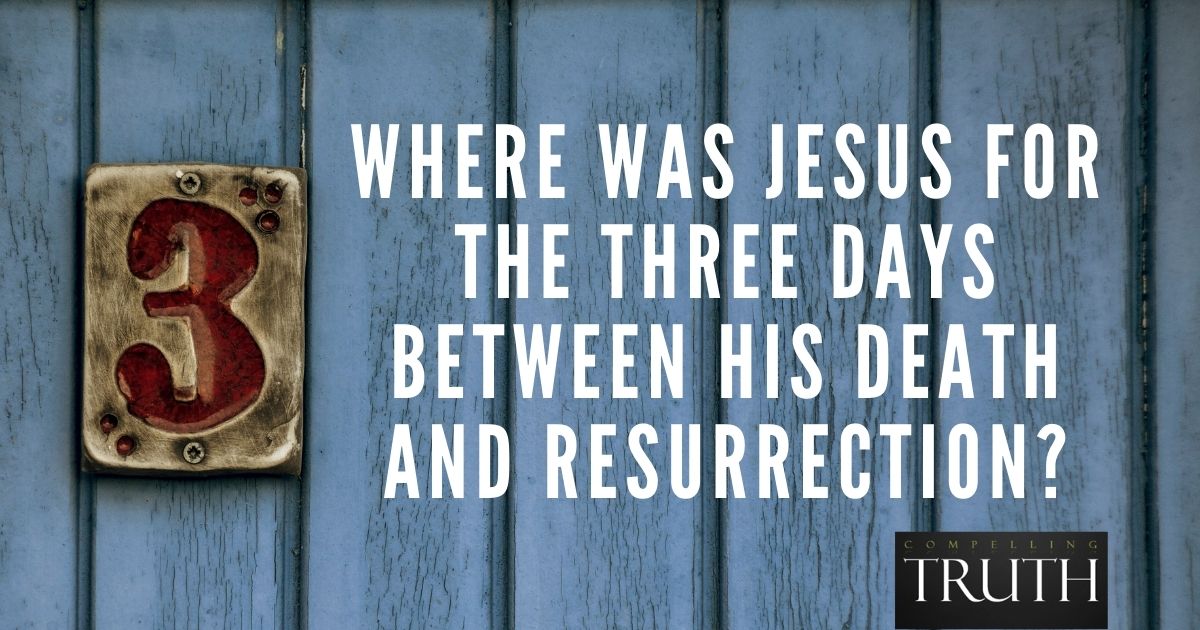The empty tomb is critical to Christianity, as it validates Jesus's resurrection, which is the cornerstone of the faith. The gospels record that women first discovered the empty tomb, an unexpected detail that supports the account's authenticity. Opponents’ theories, such as the body being stolen, fail to explain the absence of Jesus's body and the bold testimony of His followers, despite persecution. Historical and biblical evidence, including eyewitness accounts and early Christian writings, affirm the resurrection. This event transforms history, but also individuals, offering proof of Jesus as the Messiah and hope of eternal life.
Opponents claim that Jesus’s body was stolen, yet many of the men accused of stealing the body held their belief that Jesus was resurrected, despite persecution and death. No viable alternative has been supplied for the whereabouts of the body of Jesus. Though belief in the resurrection is supernatural, the evidence points to an empty tomb, a missing body, multiple eyewitness accounts of a risen Jesus, and many changed lives as a result. The evidence all points to the authenticity of the Christian belief that the tomb was empty because Jesus returned to life on the third day, proving Himself as the Messiah.
The resurrection of Jesus Christ is the pivotal event in human history that transforms everything. It validates Jesus's identity as the Messiah, fulfills centuries of prophecy, and establishes the foundation of our faith (1 Corinthians 15:17–20). The resurrection demonstrates God's power over sin and death, offering humanity the hope of eternal life and reconciliation with God (Romans 6:4–5). This event redefined history, impacting even our calendar system. Without the resurrection, there would be no hope for the forgiveness of sins, and there would be no need to take Jesus seriously.
For us personally, the resurrection means that life has purpose beyond the temporal because Jesus’s victory promises new life to those who trust in Him (John 11:25–26). It calls us to live transformed lives, empowered by the same Spirit that raised Christ from the dead, and to bring His truth, love, justice, and hope to a broken world. The resurrection not only reshaped the past but also assures a future where all creation will be restored under Christ's reign (Revelation 21:4–5). This truth changes how we see everything—our identity, mission, and ultimate destiny.




